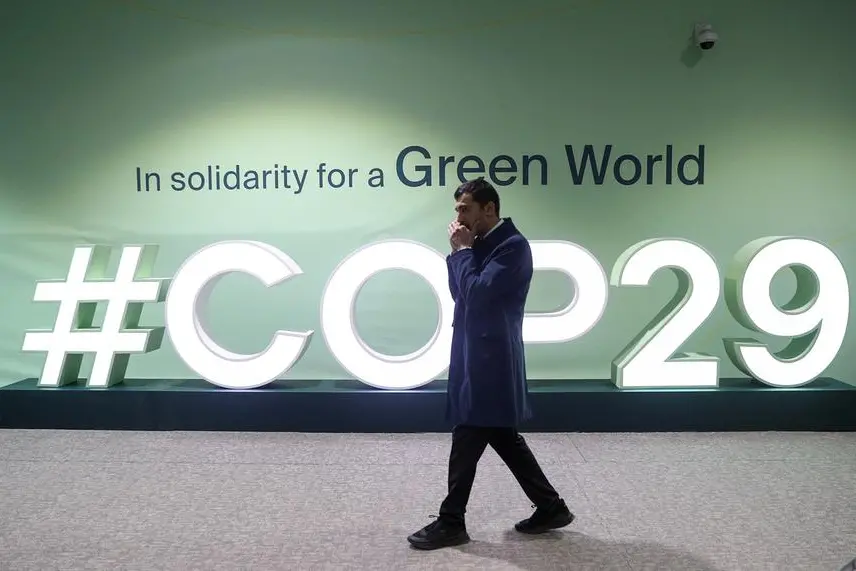The upcoming COP29 climate summit is facing potential delays as China seeks to include trade issues on the agenda, raising tensions that could derail the start of crucial negotiations. China, representing the BASIC coalition (Brazil, South Africa, India, and China), has proposed addressing “restrictive trade measures” such as carbon border taxes, which it claims disproportionately impact developing nations, according to a draft agenda released Friday.
The Chinese proposal targets the EU’s forthcoming carbon border levy, a policy set to impose fees on high-carbon imports like steel and cement starting in 2026. The BASIC countries, vocal opponents of this policy, argue that trade-related climate policies should be discussed at COP29, the global forum dedicated to climate action. “We will speak about it, relentlessly,” said South African Environment Minister Dion George, emphasizing that BASIC nations believe the COP summit is the appropriate venue for these discussions.
However, European negotiators are likely to push back, maintaining that trade issues should be handled by the World Trade Organization (WTO) rather than at climate summits. “It has always been a no-go,” stated a European negotiator, who voiced concern that the BASIC proposal may obstruct progress on pressing topics like CO₂ emissions reductions and climate finance.
The COP29 agenda must be approved by consensus at the start of the summit, scheduled for November 11 in Baku, Azerbaijan. A failure to reach agreement could delay negotiations, cutting into limited time allocated to finalize critical funding for climate initiatives. The dispute underscores the persistent challenge of balancing climate priorities with economic and trade considerations, as developing nations contend with policies they view as harmful to their economic growth.





